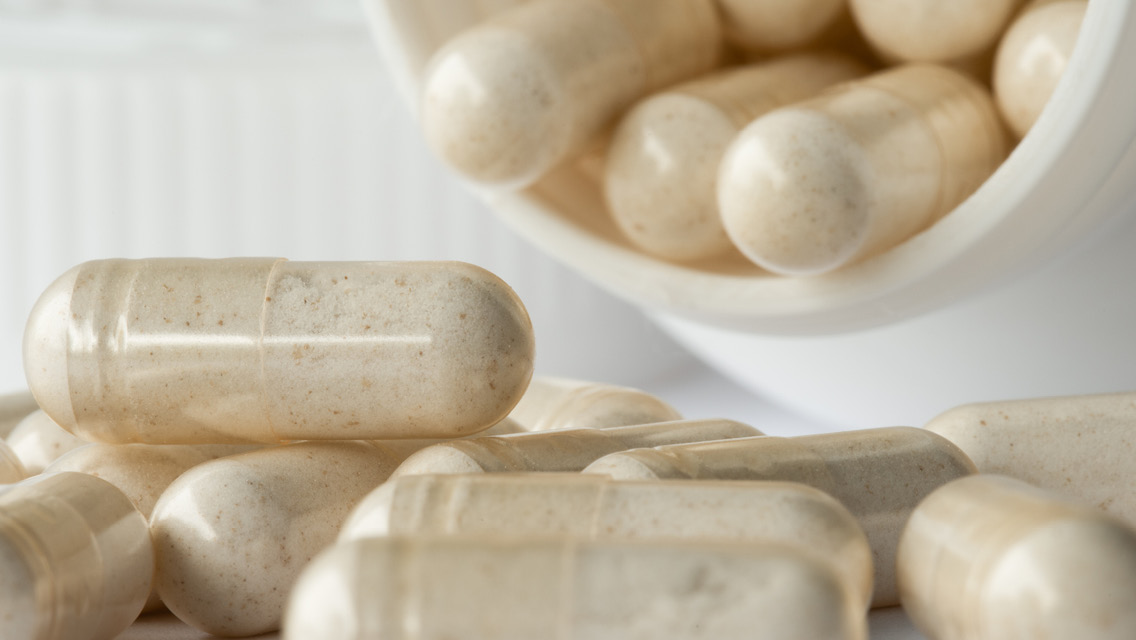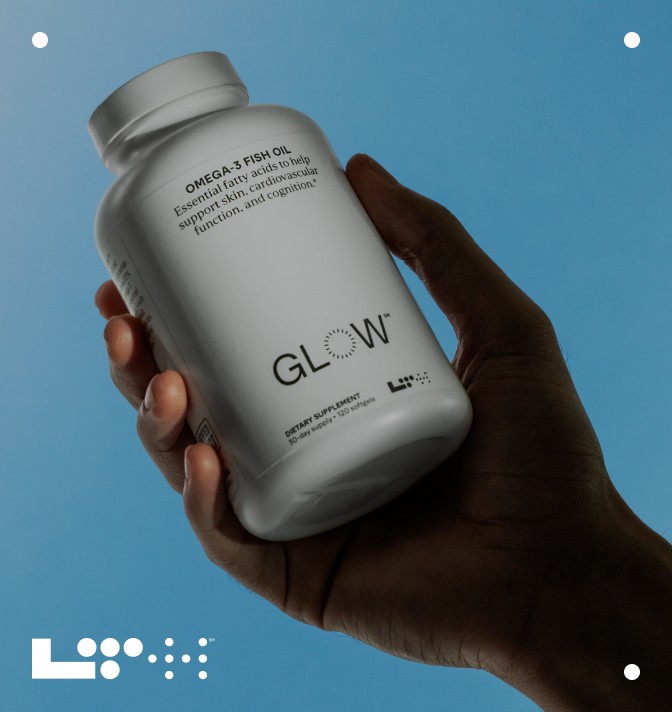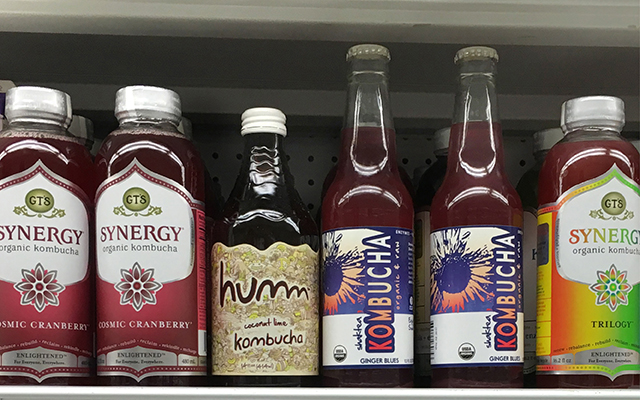Probiotics are supplements or foods containing living microorganisms that maintain or improve the good bacteria in the body, particularly in the gut. They’ve been shown to improve a variety of health conditions, including digestive issues, inflammation, and allergic reactions, says Naples, Fla.–based integrative neurologist David Perlmutter, MD, who studies gut health.
There are no known dangers of overdose with probiotics, Perlmutter notes, but there’s no reason to take huge doses, either. “It’s more a matter of effectiveness,” he says. “If you’re having a good clinical benefit from the amount you’re taking, it’s really unlikely that doubling or tripling the dosage will result in much improvement.”
Probiotic doses are measured by colony-forming units (CFUs), and they range from 1 billion to 100 billion CFUs. Perlmutter considers 100 billion to be the highest daily dosage anybody needs to take — and most people need much less than that. A variety of bacterial strains, he says, is more useful than a higher dose of one strain.
But if you suffer from conditions such as small intestinal bacterial overgrowth (SIBO), which causes bloating and poor digestion, supplemental probiotics may make matters worse, explains Amy Myers, MD, who treats patients with SIBO at her clinic in Austin, Texas. (Learn more about SIBO and how to treat it at “What Is SIBO, and How Is it Treated?“.)
Because the condition involves an overgrowth of lactobacillus and bifidobacterium in the small intestine, and many probiotic supplements contain only these two strains of bacteria, they add fuel to the fire. Myers recommends a probiotic with multiple strains to avoid this imbalance.
For more about probiotics, see “Everything You Need to Know About Probiotics” and “Probiotics at Work“.





This Post Has 0 Comments